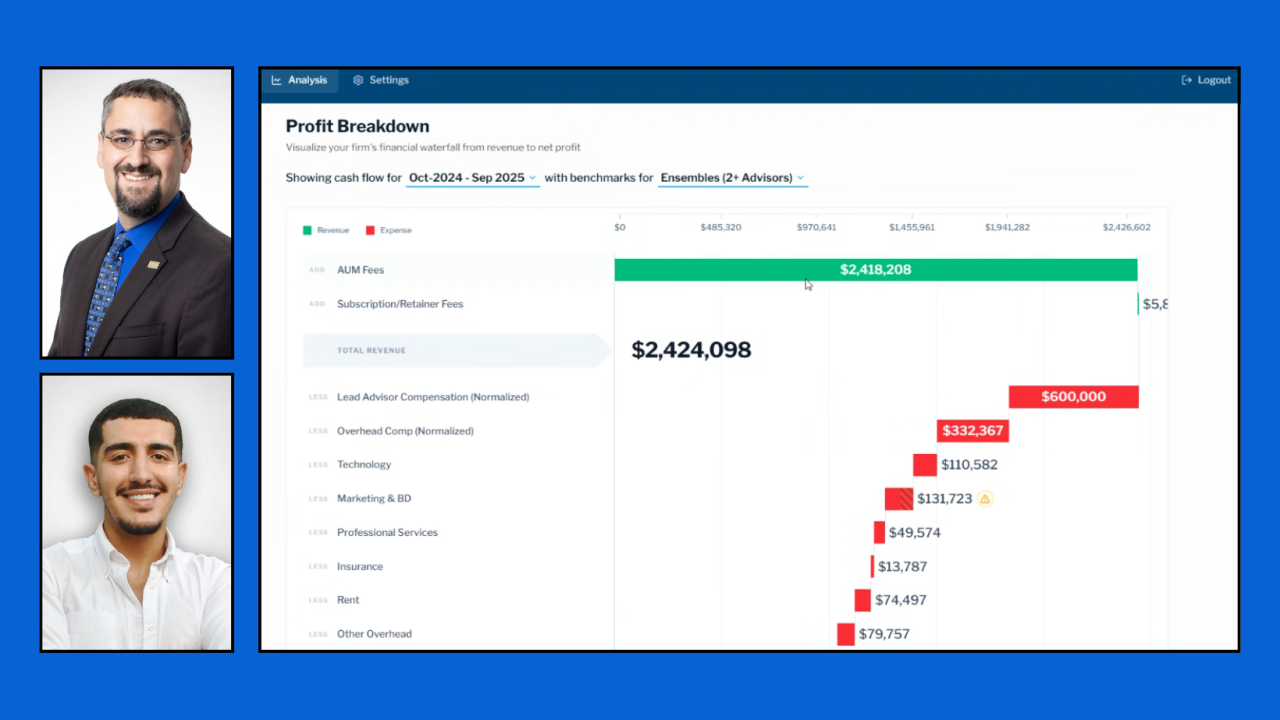The discord over incomplete information in FINRAs BrokerCheck service is reaching a new level as the SECs Investor Advisory Committee is nearing a vote this month on a proposal to build its own database including disciplinary information about advisors.
Four industry groups including PIABA, Public Citizen, the PIABA foundation and the Securities Arbitration Clinic of the St. John's University School of Law sent a letter this week to the SEC urging the agency to create a simple, and accurate one-stop-shop for consumers that contains a full disclosure of all publicly available background information about brokers and investment advisors.
PIABA, the Public Investors Arbitration Bar Association, which represents investors in arbitrations against the stockbrokers, had filed a report last year urging FINRA to add more information on registered brokers on its database, BrokerCheck. Public Citizen and Securities Arbitration Clinic, which also focus on consumers interests, joined the effort this time.
The groups note that FINRA, the industry funded self-regulator, does not disclose complete information on its existing BrokerCheck service. This is despite the fact that FINRA also oversees the Central Registration Depository, a registration and licensing database that maintains professional records of registered brokers.
FINRAs BrokerCheck is lacking in internal investigations," says Joseph Peiffer, president of PIABA. "They are lacking reasons for internal terminations, and things fall off peoples CRDs regarding bankruptcies. There are number of things that are missing from FINRAs database, he says. He was one of the four members who helped drafting the letter.
ONLY A FIRST STEP
Last month, FINRA launched an ad campaign promoting BrokerCheck as an accessible tool for investors to run background checks on their brokers. The industry lauded that effort as a positive step toward improved investor education. Some observers noted, however, that since the database scrubs off a broker's bankruptcy or tax lien that goes back more than a decade, it defeats the purpose.
Indeed, there were reports of a broker who had a tax lien against him of more than $300,000, says Christine Lazaro, director of Securities Arbitration Clinic, a student group at St. Johns University that serves investors in securities arbitration. But that lien was 10 years old so BrokerCheck didnt include it, she says. "These are things that might be relevant to somebody deciding to turn over their life savings to a broker.
Some group members even question FINRA's effectiveness as a regulator. "FINRA is a self-regulatory organization that serves two masters, Peiffer says. Recently, someone who was running for the FINRA board said that he does not see his job to protect investors--but that is FINRAs only job. But, unfortunately, they also protect the members.
To be sure, FINRA markets BrokerCheck as only the first stop for investors seeking information. On its website, the group urges investors to also consult state securities regulators, local consumer and investment groups, or others "who have established business relationships with a particular broker or investment adviser representative before making a decision.
Securities Arbitration Clinic's Lazaro says that BrokerCheck might be more accessible compared to individual states public documents on brokers. In some states, these documents arent even available for free. Still, investors should still run a thorough background check, she suggested.
BrokerCheck should be a start but it shouldnt be the only place investors look, Lazaro says. It has a potential to give an investor a false sense of security that they have done all their homework.
Read more:
FINRA Candidate Says He'd Represent Firms, Not Investors Is Costly New FINRA Ad Campaign Misleading? Regulators Want to Know How You're Protecting Seniors





